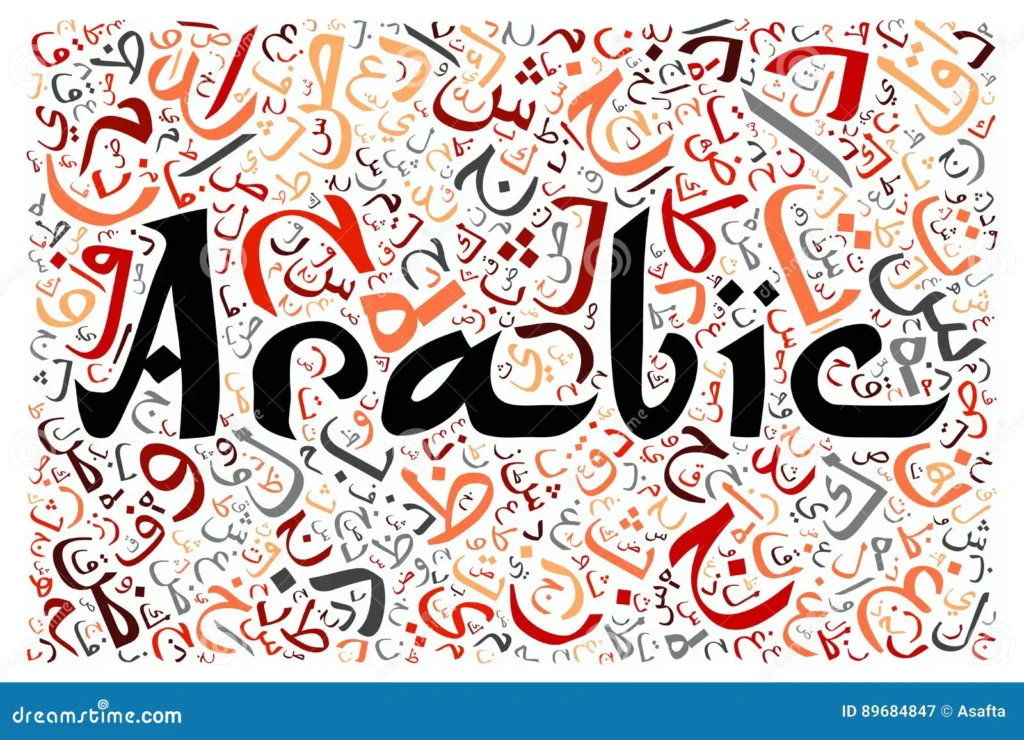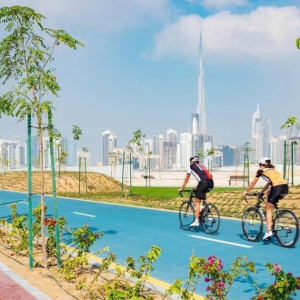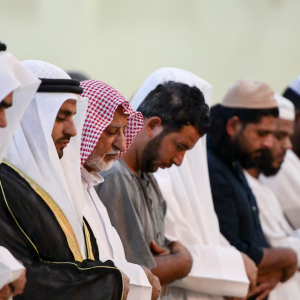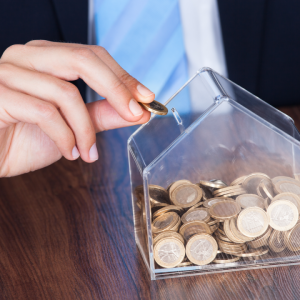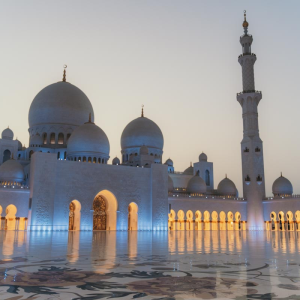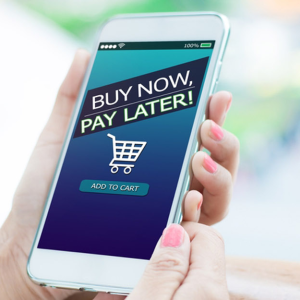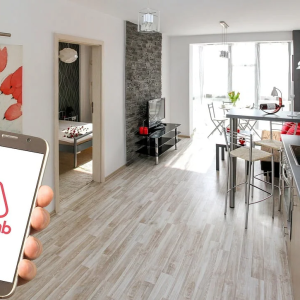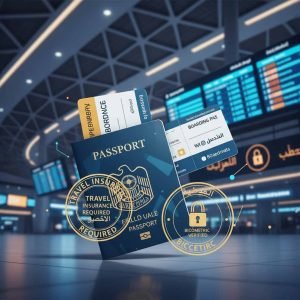Stepping into a new city for the first time always feels like a mix of excitement and mild panic. You want to explore, communicate, and immerse yourself in the local culture — but you might find yourself wishing you knew a few local phrases to navigate situations smoothly.
Dubai is no different. While it’s a global metropolis where English is widely spoken, knowing a handful of Arabic words and expressions can make your experience friendlier, richer, and sometimes, just a little easier. Especially during your first week, when you’re still figuring out where to get a good cup of karak tea or how to politely ask for directions.
If you’re visiting Dubai for the first time, this is your cheat sheet to surviving — and thriving — in your first week in this dynamic city.

Why Learning a Few Arabic Words Matters
You might wonder, “Is it even necessary when most people speak English in Dubai?” Fair question. The truth is, you probably won’t need Arabic for complicated conversations. But a simple “Shukran” (Thank you) or “Marhaba” (Hello) can go a long way.
It shows respect for the local culture, helps you connect with people on a warmer level, and sometimes even earns you better service, friendlier smiles, or helpful tips from residents.

And honestly, it just feels good to know you can handle basic interactions without fumbling.
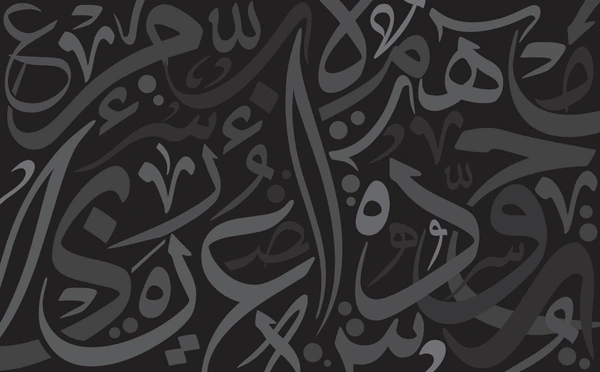
Essential Arabic Words and Phrases for First-Timers in Dubai
Let’s dive straight into the words and expressions that will make your first week a breeze.
Marhaba (مرحبا) — Hello
This is the easiest and most common way to greet someone in Dubai. Walk into a café, hop into a taxi, or say hi to a hotel receptionist — a simple “Marhaba” instantly breaks the ice.
Pronunciation: Mar-ha-ba
When to use it: Anytime you meet someone new or enter a place.
Shukran (شكراً) — Thank you
Gratitude never goes out of style, especially in a warm and welcoming city like Dubai.
Pronunciation: Shook-ran
When to use it: After receiving your coffee, when someone holds the door for you, or when a taxi driver drops you off at your destination.
La (لا) — No
Sometimes, you need a polite but firm way to decline a souvenir, a sales offer, or a tour guide on the street.
Pronunciation: Lah
When to use it: When someone offers you something you don’t need.
Na’am (نعم) — Yes
Simple and effective, this word will help you confirm things quickly.
Pronunciation: Nah-am
When to use it: When asked if you’d like sugar in your tea or if you need assistance.
Ma’asalama (مع السلامة) — Goodbye
A warm and courteous way to end a conversation or leave a place.
Pronunciation: Ma-ah-sa-la-ma
When to use it: When leaving a restaurant, shop, or taxi.
Kam? (كم؟) — How much?
Even though most prices are displayed clearly, markets or smaller shops might require you to ask.
Pronunciation: Kam
When to use it: At souks, small eateries, or when haggling over a souvenir.
Afwan (عفواً) — You’re welcome / Excuse me
A multi-purpose word you’ll find handy in both polite conversations and crowded places.
Pronunciation: Af-wan
When to use it: To reply when someone says “Shukran,” or to get someone’s attention gently.
Mumkin (ممكن) — Is it possible? / May I?
Useful for requesting something politely, whether it’s a menu, a better table, or a bottle of water.
Pronunciation: Mum-kin
When to use it: When asking a waiter if it’s possible to order something off-menu.
Tayyib (طيب) — Okay / Fine
This is your go-to response when you agree with someone or approve a suggestion.
Pronunciation: Tie-yib
When to use it: When a taxi driver confirms your destination or a vendor tells you the price.
Hala (هلا) — Hi / Welcome
Another casual greeting, often used among friends and in informal settings.
Pronunciation: Ha-la
When to use it: When you want to greet someone you’ve met a couple of times before.
Real-Life Situations Where These Words Will Help
At the Airport
After a long flight, hearing “Marhaba” at immigration is your cue to smile back and say the same. If a staff member helps you with your luggage, a quick “Shukran” is perfect.
In a Taxi
You’ll mostly get drivers from various countries, but some love it when passengers make the effort.
“Marhaba, Jumeirah Beach Hotel?”
“Shukran” when you get there.
A little “Ma’asalama” while leaving the car always feels polite.
Ordering Food
Pointing to a menu item is fine, but saying “Mumkin karak?” (Is it possible to have karak?) adds charm. When your food arrives, a sincere “Shukran” goes a long way.
At a Market
Dubai’s souks (markets) are famous for their lively bargaining culture.
“How much is this scarf?” “Kam?”
If the price feels right, “Na’am.”
If not, politely decline with “La, shukran.”
When Lost
If you’re unsure about directions, get someone’s attention with “Afwan,” then ask your question. Even if they respond in English, they’ll appreciate your effort.
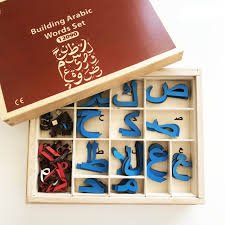
A Few Cultural Tips Alongside Language
Be polite and smile often. A smile is universal and Dubai loves friendliness.
Use your right hand for greetings, eating, and giving or receiving things — it’s considered more polite.
Dress modestly in public places. While Dubai is modern, some traditional areas prefer conservative clothing.
Public displays of affection should be minimal. Holding hands is fine for married couples, but anything more is discouraged.
Bonus Phrases You Can Learn If You’re Feeling Brave
“Ana min…” (أنا من…) — I am from…
“Wain al-hammam?” (وين الحمام؟) — Where is the restroom?
“Ma afham” (ما أفهم) — I don’t understand
“Sho hadha?” (شو هذا؟) — What’s this?
The Kindness of the People
One of the unspoken truths about Dubai is how incredibly helpful people are, whether it’s the hotel staff, a fellow commuter, or someone in a market stall. Even if you stumble over a word or mispronounce it, locals will often correct you with a grin or repeat it slowly to help you learn.
The effort is what counts. A traveler who attempts to speak a little Arabic, however clumsily, is almost always met with warmth and appreciation.
In a Week, You’ll Feel Right at Home
By the end of your first week, you’ll likely be using these words automatically, perhaps even picking up a few more from people around you.
You’ll start to notice how “Marhaba” makes mornings brighter and how a well-timed “Shukran” feels just right. These simple, powerful words transform you from a wide-eyed tourist to a confident guest in a city that thrives on diversity and respect.
Final Thought
Languages open hearts before they open doors. Even in a hyper-modern city like Dubai, where English is everywhere, your willingness to embrace a few Arabic words will enrich your travel experience.
It’s not about perfection — it’s about connection.
So pack your bags, bookmark this guide, and get ready to sprinkle a little Arabic charm into your Dubai adventure.
Ma’asalama — until we meet again!
Do follow UAE Stories on Instagram
Why Your Quiet Leadership Might Be Changing More Than You Know

